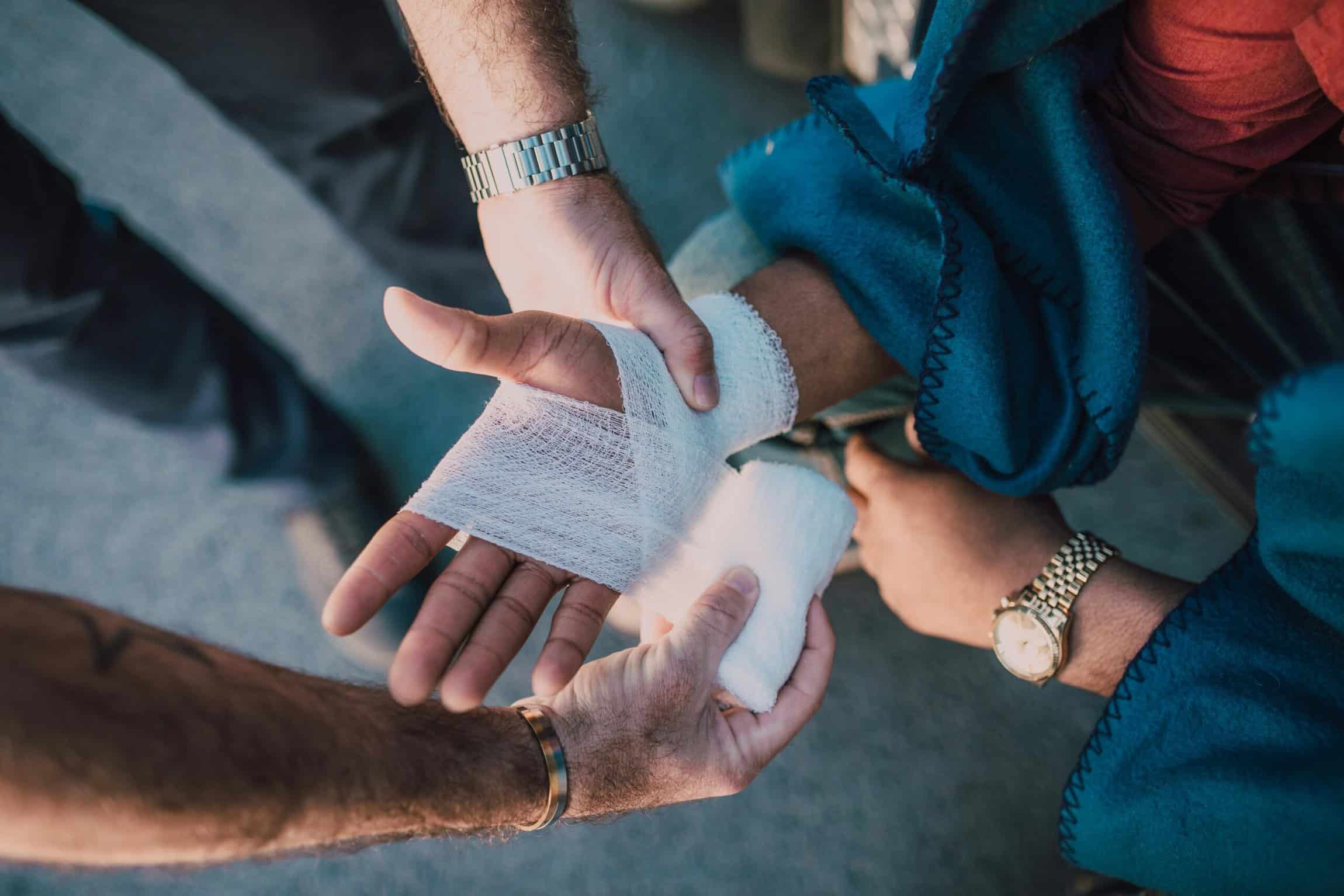Property owners have a duty of care over all those who enter their property. This typically means that they are legally (and morally) obligated to keep the property in a reasonably safe condition to prevent accidents or injury to others.
If these standards are not met, and you are injured, you can place a personal injury claim against the property owner, whether it is a business or an individual. This ensures that you receive the compensation you deserve and that proper safety protocols are observed moving forward.
Types of Visitors and Duty of Care
The level of care that a property owner “owes” an individual varies depending on which kind of visitor they are. Typically, visitors can be divided into three categories:
- Invitees
- Licensees
- Trespassers
Invitees
An invitee is a person who enters the property for business purposes. For example, employees and customers are classified as invitees and are owed the highest duty of care as a result. This means that property owners must:
- Address hazards promptly.
- Maintain a safe environment for all.
- Warn invitees of dangerous conditions that exist on the property.
Licensees
A licensee is a person who enters the property for non-business-related purposes. For example, you would be classified as a licensee when entering a friend’s house for a social occasion. As a licensee, you still fall under the property owner’s duty of care, though not to the same extent as an invitee. Despite ethos, property owners should keep their property in good condition to facilitate this.
Trespassers
Trespassers are those who enter a property without permission. As a trespasser, a property owner does not owe you a duty of care as you enter their property without proper authorization. This is explained in more detail in the Trespasser Responsibility Act, which states that “land possessors owe no duty of care to trespassers and are not liable for harms to trespassers except in limited situations that are recognized in the common law of most states.” Virginia does have minimal exceptions to allow a case to be brought by a trespasser.
Maintenance and Inspection Obligations
There are many steps that a property owner should take in order to meet their duty of care obligations. For example, they should carry out regular on-site maintenance so that they can create an environment that is free from hazards and dangers. This also requires them to carry out regular inspections of their property in the form of risk assessments.
Notifying and Warning Visitors
As part of their duty of care, a property owner should also provide you with relevant safety advice and information when you enter their property. Typically, this information can be relayed through conversations, signage or other indicators that a dangerous condition exists.
Property owners should ensure that relevant signage alerts the visitor to the dangerous condition so the visitor is aware of potential on-site hazard and knows how to avoid them. Without this signage, it can sometimes be difficult for employees, site visitors, and contractors to follow the property safety procedures, increasing the likelihood of an accident.
When making a personal injury claim, you must detail any instances in which the above standards were not met – such as a lack of signage or safety training.
Legal Implications and Liability
If a property owner does not maintain their duty of care (i.e., fails to keep their property in a condition that would be deemed safe), there are various potential consequences.
Firstly, and perhaps most obviously, they are putting the health or safety of others at risk. If you are injured as a result of this, it’s likely that the property owner could be found liable, resulting in fines and even legal charges. It also means that you could put together a compelling personal injury claim.
However, putting in a personal injury claim does not mean you have to take the property owner to court. In fact, many personal injury cases are settled before it gets to this stage.
If you are injured, it is always worth seeking justice. Not only can it help to protect others by ensuring that this incident does not happen again, but you could also receive compensation that helps you to recover – both physically and financially – from the incident itself. For example, Renfro & Renfro recovered $2,250,000.00 for one client who was injured due to a dangerous condition at a truck stop.
However, this can vary on a case-by-case basis depending on factors such as the extent of your injuries or the state of the property itself.
Hire a Personal Injury Lawyer in Richmond, VA, for Your Premises Liability Case
If you have been injured in Richmond, VA, and would like to make a premises liability personal injury claim against the property owner reach out to Renfro & Renfro today.
We have years of experience within the legal world, which means we’re able to support you throughout every step of the process – from filing a claim to representing you in a court of law.
If you’d like to find out more, contact us. We’d be happy to answer any questions you might have, or to put your mind at ease during this stressful time.






